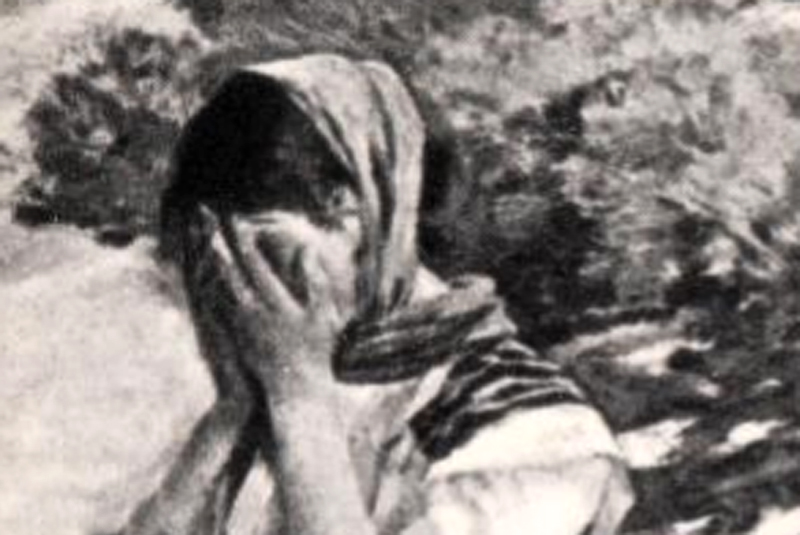“Do you masturbate?”, “When did you first have sexual intercourse?”, “Did you ask for consent?” These are just some of the taboo-breaking questions I asked convicted rapists in a Delhi prison during interviews for my research.
Most of these men did not understand what consent meant or that it needed to be sought. Their stories also highlighted a sense of entitlement and ownership over the victim. I was not particularly surprised by their discomfort and lack of awareness. I myself had never received any form of sex education at home or at school while growing up in India.
Soon after the 2012 Delhi gang-rape, Avaaz Foundation, a US-based non-profit organisation, gathered over 1.1m signatures on their online petition to start an extensive public education programme to dispel traditional cultural attitudes towards women. In their 2013 report, which looked at how to tackle India’s rape epidemic through education, they even set out a four-step public education campaign for changing sexist attitudes.
Since then, several public awareness campaigns on recognising and reporting violence against women have been seen in India, some developed by NGOs, international organisations and some by or in collaboration with the Ministry of Women and Child Development. But India is yet to see a nationwide campaign that focuses explicitly on changing everyday normalised misogynistic attitudes.
My own research highlights the role of education as a medium for change – and calls for the inclusion of a comprehensive sexuality education module in the school curriculum.
-30-
Copyright©Madras Courier, All Rights Reserved. You may share using our article tools. Please don't cut articles from madrascourier.com and redistribute by email, post to the web, mobile phone or social media.Please send in your feed back and comments to [email protected]











